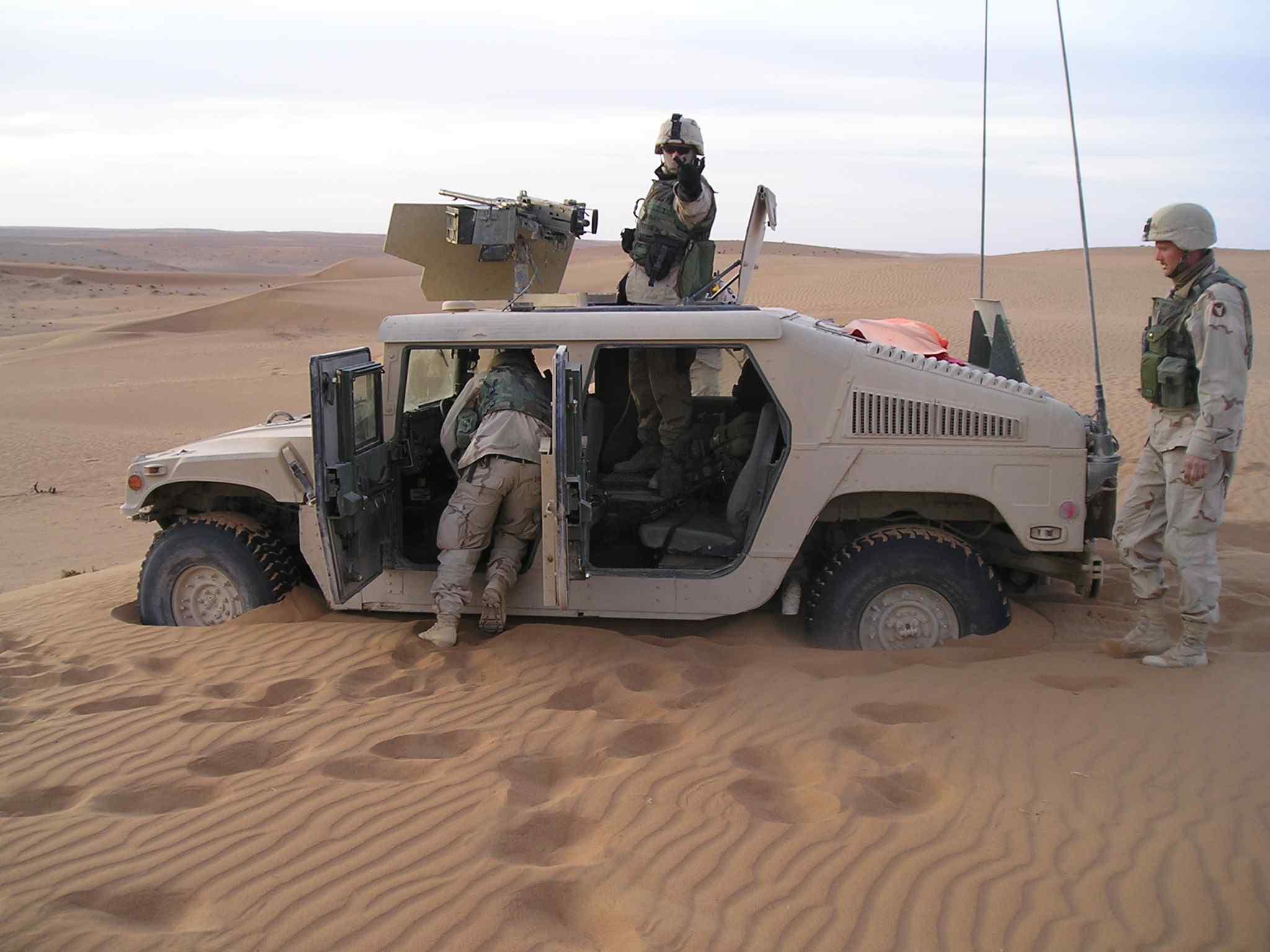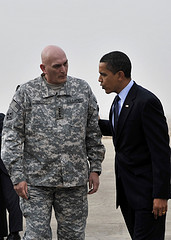
Afghanistan: Avoiding Default
Three scenarios for how the U.S. might manage its involvement in Afghanistan between now and 2014.

Three scenarios for how the U.S. might manage its involvement in Afghanistan between now and 2014.
President Obama promises to begin transferring U.S. troops out of Afghanistan by the end of 2011. A new international conference in Kabul endorses Afghan President Karzai’s call for Afghanistan to be in charge of its own security by 2014. Meanwhile, facing its own Islamist insurgency and growing economic and political crises, Pakistan considers its options in Afghanistan.

The military brass once again floats the idea of indefinite occupation in Iraq.
There’s a risk that the United States will never withdraw from Iraq.
The Democratic leadership doesn’t have the votes to override a veto but the Dems are reluctant to sign another blank check for the war.
The Iraq Study Group’s recommendations focus on transforming the U.S. occupation of Iraq into a long-term, sustainable, off-the-front-page occupation with a lower rate of U.S. casualties.
Vol. 1, No. 17
If Dallas and Miami Vice became emblematic of the Reagan years, Deadwood is the series that best captures the political mentality of the George W. Bush era.
Americans want a new direction in foreign policy, but will the Democrats lead?
The crisis is mounting in Iraq, and so are congressional calls for a phased withdrawal. But will the politicians act soon enough?
Many hope that a Democratic Party victory in November will mark the beginning of the end of the Iraq war. Don’t hold your breath.
How to bring the troops home and internationalize the peace.
Iraq: No End In Sight
Morales faces the daunting challenge of governing a troubled and bitter nation, where expectations are high and short-term change is difficult to achieve.
Given that Bush’s goals are unreachable, the only option is to change course and bring the troops home now.